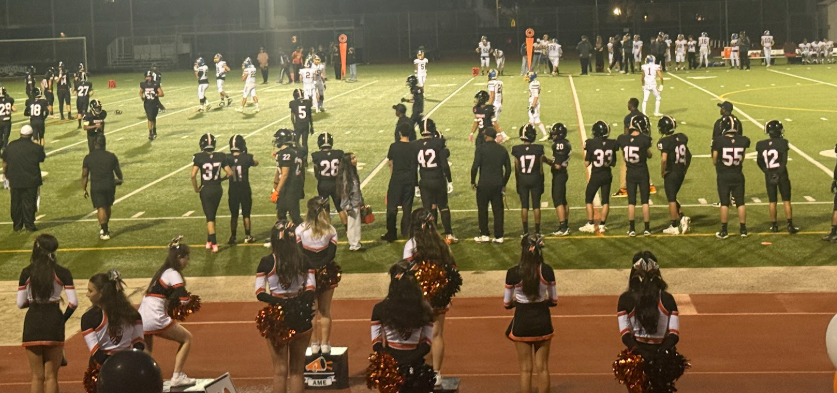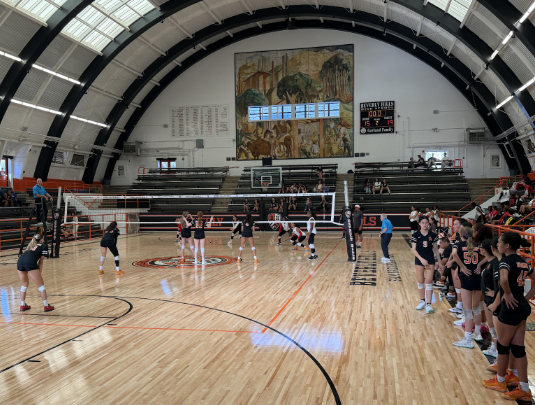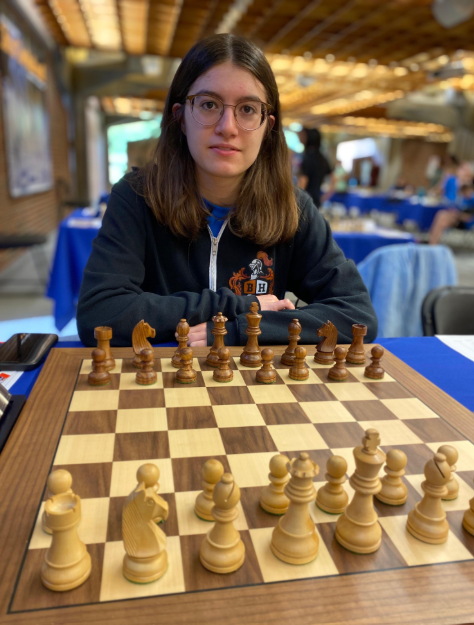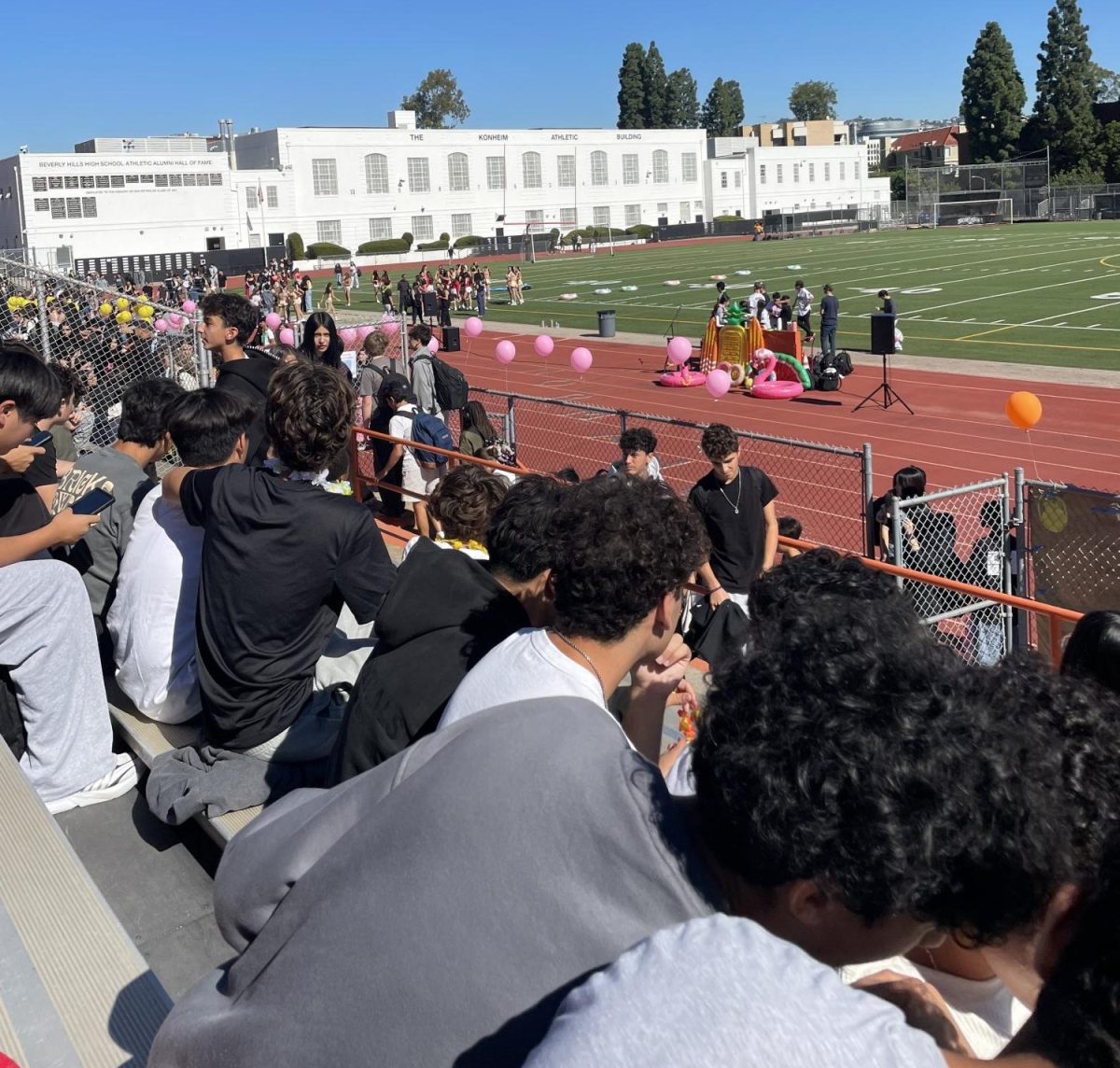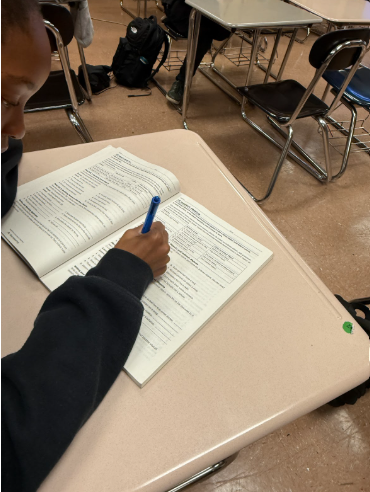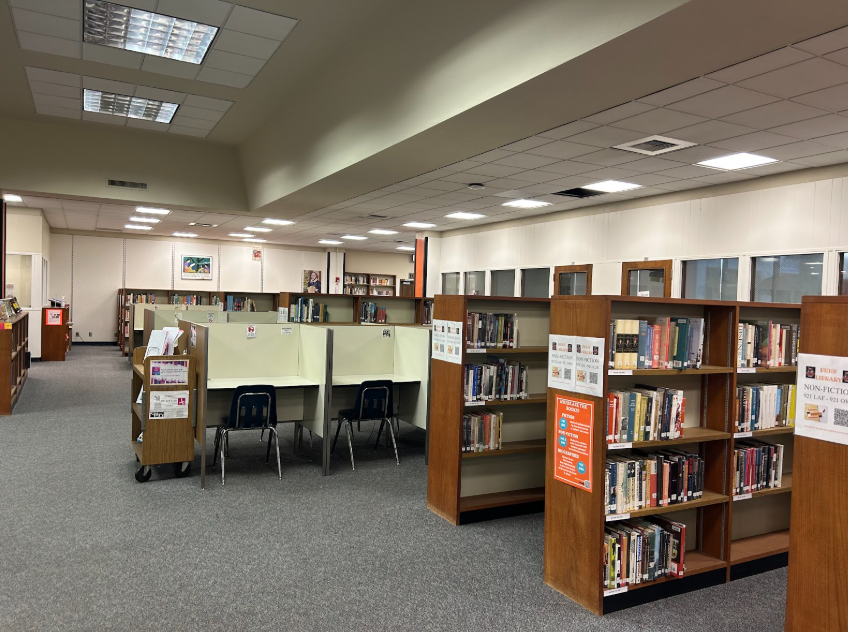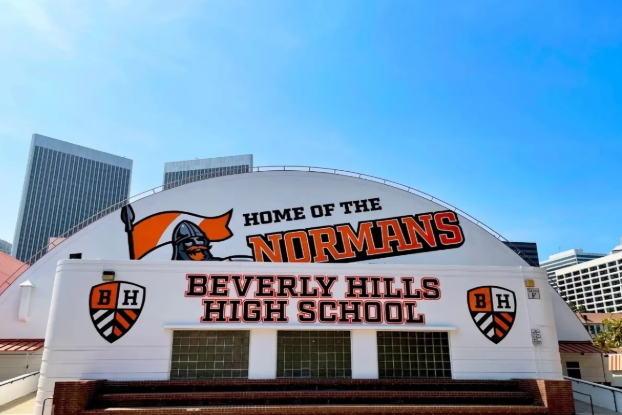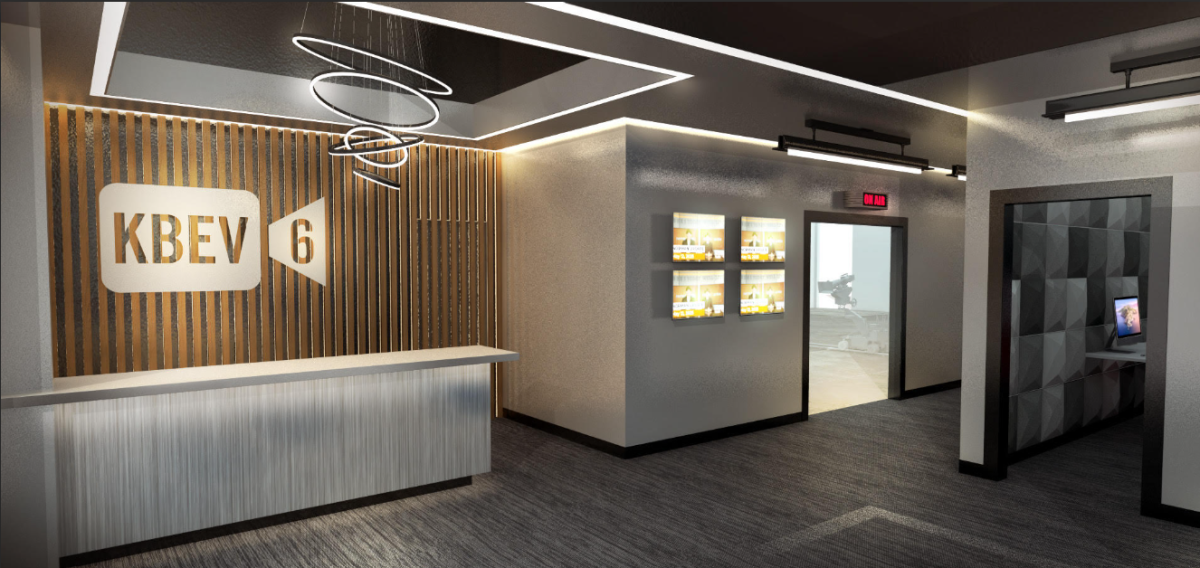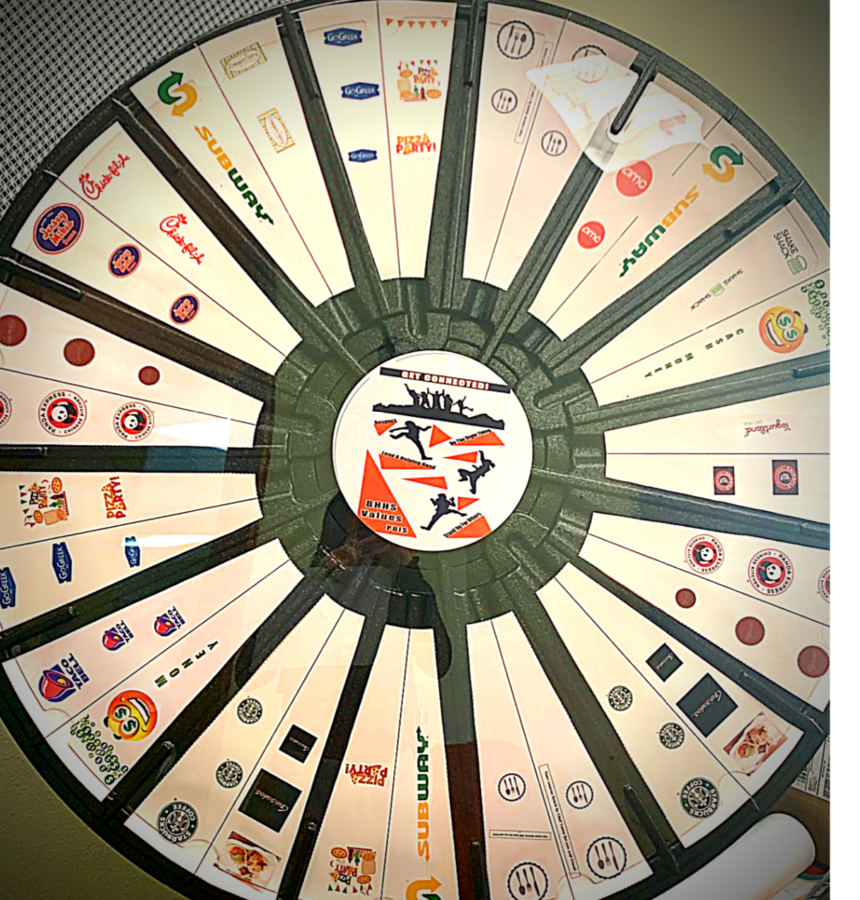Emma Newman staff writer
The Positive Behavior Interventions and Supports program (PBIS) supports positive interactions between every individual on campus and gives students an opportunity to win prizes for positive behavior, While this system has existed at the elementary and middle schools in the past, it was added to the high school at the beginning of the semester as a way to give well-behaving high schoolers an opportunity to be recognized.
Basically, the goal of the program is to stop behavioral problems in new and unique ways.
“The guiding principles for PBIS indicate that every child can learn proper and appropriate behavior and that stepping in early can prevent more serious behavioral problems,” district PBIS coordinator and district administrator Angela Lawyer said. “It focuses on the fact that every child is different and schools need to provide many different types of behavior support.”
Each month, students who are seen participating in a specific type of behavior, depending on the month’s theme, will be rewarded with a card. This deems them eligible to spin a wheel, which consists of rewards such as gift cards, cash, a four-course meal from top-performing culinary students and a pizza party.
The theme for January is “doing the right thing.” Cards giving students a chance to spin the wheel will be distributed based on teacher discretion.
“Everyone’s different and we wanted to make these open to interpretation a little bit because we didn’t want people to feel handcuffed in the thing [teachers] can reward kids for,” English teacher Phil Chang, who runs the PBIS program, said. “At the same time, we want to focus it a little bit so that people know what to look for, rather than having so many things to look for.”
However, only four students per month, who are chosen randomly in a raffle drum, are offered a spin on the wheel out of the many students who are awarded these cards. These students are After the student wins a spin, they will either be informed of their win via Norman Update or they will be surprised in class.
When these students earn the opportunity to spin the wheel, they don’t just win a prize. They also get put into another raffle, which selects four students per semester to prizes unavailable to other students. These winners then are able to register before other students, skip lines at the book room or receive one course change.
“I’m trying to get stuff that money can’t buy,” Chang said. “We live in an affluent area, so…I want to get stuff that people can’t buy and also integrates people back into school culture.”
Many of the prizes that Chang plans to offer also fit into the category of getting students involved in Beverly’s culture. For example, he believes that students who win the culinary prize could potentially become interested in the program after they see the quality of food
This desire to get students involved extends past just getting students interested in new opportunities.
“We want people to get involved, but we want people not only to get involved in activities in school. We want people to connect with each other because if you know someone, you’re less likely to try to do something horrible,” Chang said.
To Lawyer, this connection among the individuals at Beverly is one of the most vital parts of PBIS.
“PBIS is an approach that schools use in order to improve school safety as well as promoting positive behaviors, but it’s all through relationship building,” Lawyer said. “It’s the relationships adult to adult, student to student and obviously between students and adults.”
The program builds these relationships by integrating with classroom management and the ways in which teachers handle behavioral issues. Lawyer is involved with coordinating and providing training and technical assistance to staff members, which is a major factor in creating a culture of positive behavior.
“Most of the impact happens within the classroom and most of the training happens inside the classroom both academically and behaviorally,” Chang said.
To make this a reality, Chang had to coordinate, starting in August of 2019, with many groups including PTSA. Most of the people he worked with were supportive of his plan.
This has made it easier for him to work on his goal of creating a positive culture revolving around behavior. Instead of focusing on “consequences and disciplining,” Chang’s goal is to allow students who are doing good to be acknowledged and rewarded in a way that will benefit the school as a whole.
“A lot of attention goes to kids who get in trouble,” Chang said. “Why not acknowledge the kid who’s doing the right thing? It’s kind of cool to give those kids rewards and acknowledge them. Hopefully, that will set a trend and have other people follow that example.”







